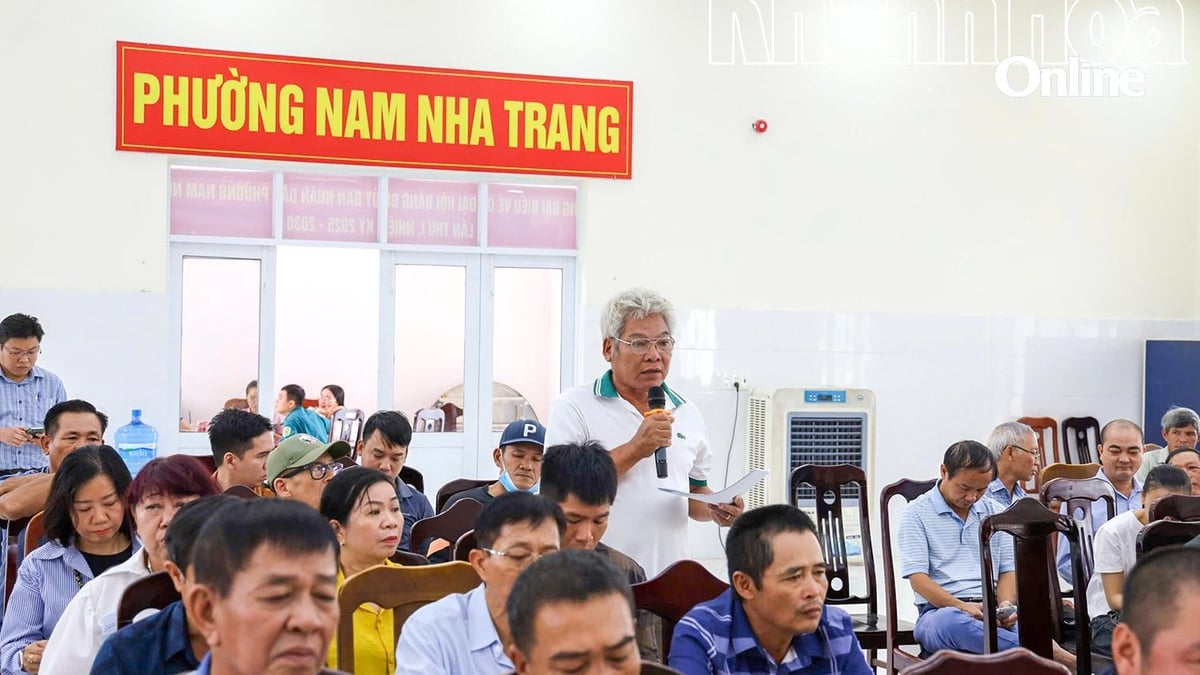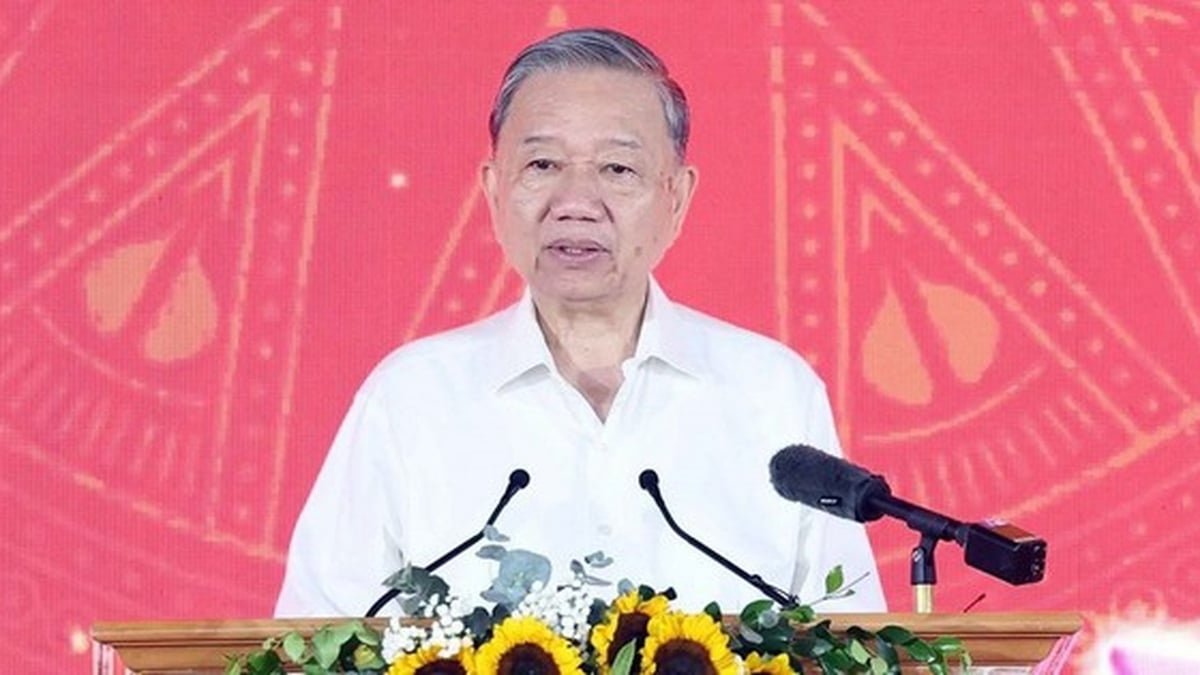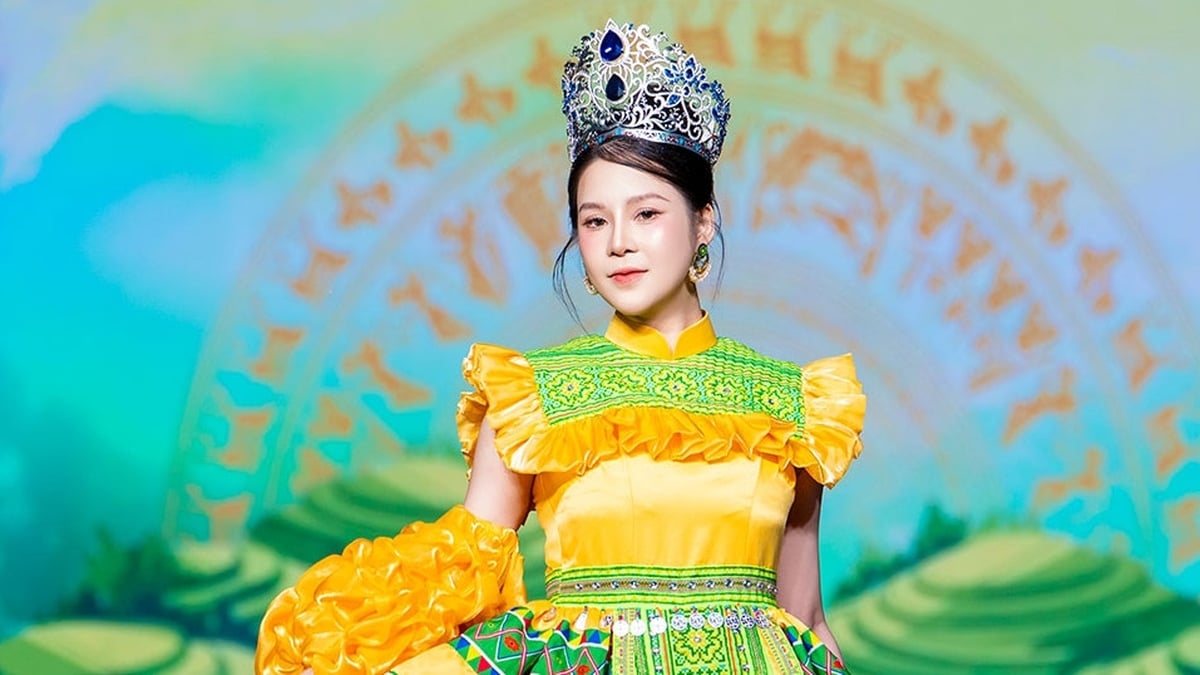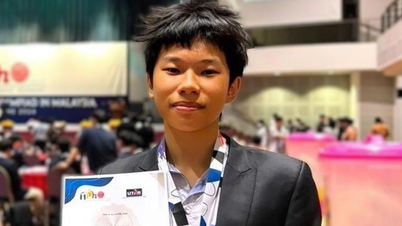SGGP
What makes ChatGPT interesting and interesting is its ability to have a smooth dialogue and its fairly accurate data collection. ChatGPT answers almost all of the "spinning" questions, from astronomy, literature, art to business strategy, marketing, logistics, tax advice, and even the "wife is always right" story...
 |
ChatGPT thus reached 100 million users just 2 months after the launch of this artificial intelligence (AI) software, becoming the fastest growing application in world history.
Technology giant Google could not stand still when it saw its “successor” OpenAI attract the world’s attention by hastily launching the AI chatbot Bard. However, right in the video launching Bard, this chatbot gave an inaccurate answer about “James Webb Space Telescope”. Immediately, the stock price of Alphabet (Google) fell 9%, evaporating Google’s capitalization of 100 billion USD - 10 times the amount that rival Microsoft invested in ChatGPT. This shows that the AI war has really broken out, will be fierce, difficult to control and it is a war beyond contemporary imagination. At that time, there will be a war between physical humans and AI. The question will be persistent for humanity: Who can control AI?
In January 2023, the visual media company Getty Images (USA) warned that it would sue the technology company Stability AI for operating a tool that illegally copied millions of images of the company and its partners for profit. On February 6, the company officially filed a lawsuit, claiming that 12 million images from the database were used, violating copyright and trademark rights. Similarly, millions of works of art by painters and artists were also blatantly and recklessly violated by AI Art tools. AI tools can create new, beautiful, surreal, and surreal paintings and photos from that massive data source without knowing where they learned, copied, or "stole". AI tools make creators and artists feel insecure because even if they lose sleep and appetite, spending months and years creating products, their value will still be…devalued because they cannot compete with AI when it provides hundreds of surreal works in just 1 hour.
ChatGPT (OpenAI) or later Bard (Google), Ernie Bot/Wenxin Yiyan (Baidu), Ding Talk (Alibaba)... can provide many answers, even write essays and theses based on the huge digitally stored knowledge base. A lot of information, solutions, and recommendations are given by AI, but people do not know where the source is, whether it is trustworthy, whether it violates copyright, personal privacy... The issue of ethical violations in literary creation, journalistic works, and scientific research has always been a burning issue, but now it is even more difficult to detect when AI "cooks" it with sophisticated algorithms, with deeper knowledge.
Therefore, establishing a legal corridor for technology platforms, including AI, is something that legislators, managers and technology experts need to start doing immediately. Each field needs its own regulations and rules on copyright, trademarks, data exploitation methods and strict sanctions for acts of technological fraud, copying, and infringement of the interests of individuals and units protected by law. Technology is developing rapidly, the 4.0 revolution is clearly demonstrated through the super internet, Big Data, AI, robots, nanotechnology, new materials... effectively serving human life. Machine intelligence is created by humans and is completely different from humans in that it cannot have emotions, feelings, experience, creativity, intuition and judgment. Technology cannot change the position of teachers, the creativity of artists, the dedication of journalists or the ethics and integrity of scientists. Therefore, before controlling technology, people must control themselves, be aware of their role and responsibility towards the community, and maintain and develop a healthy and humane society.
Source






































































































Comment (0)